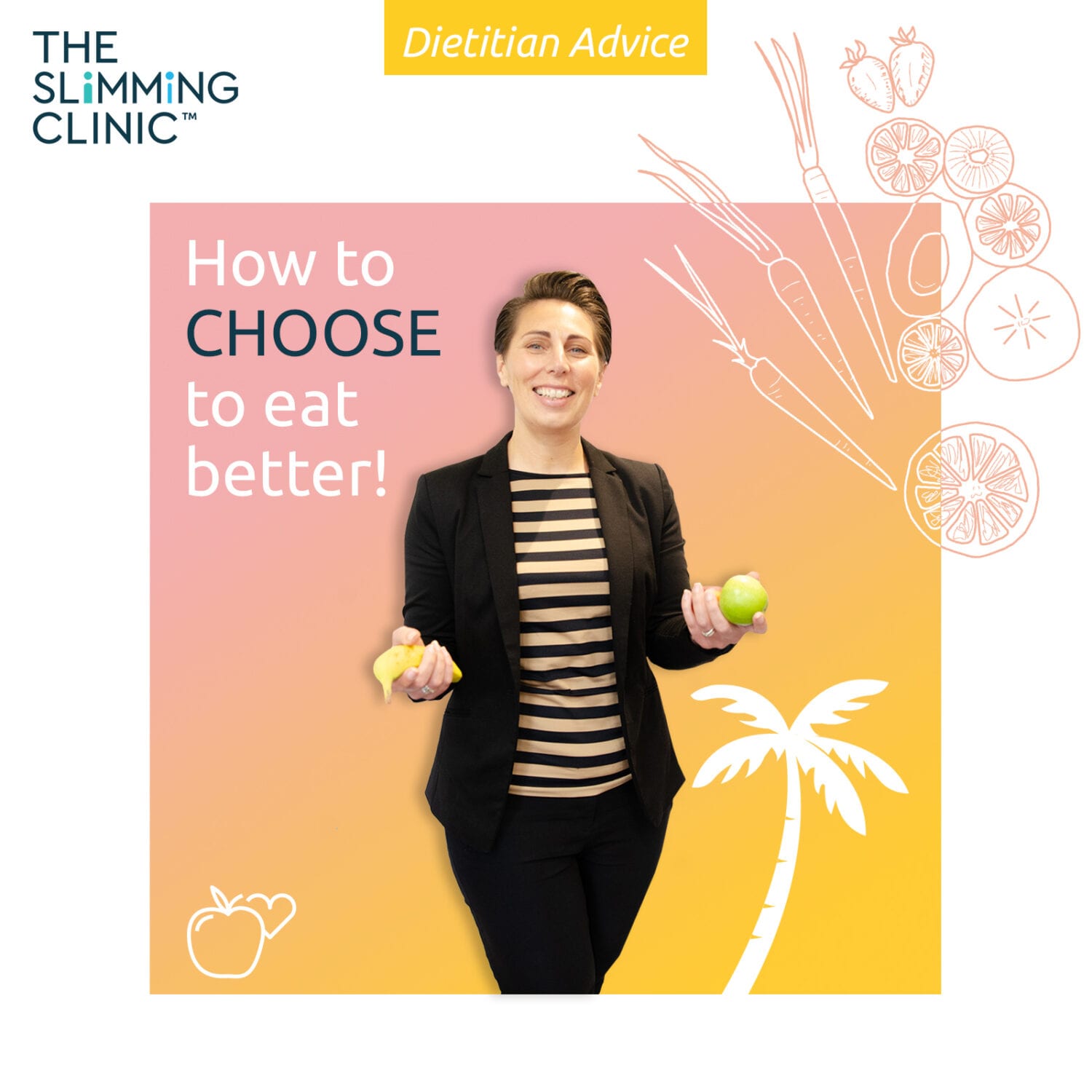Over the summer, we are asking people to choose to change one thing about their lifestyle, that will improve their weight loss diet and health.
One of the most obvious things we can do when on a weight loss journey, is change our diets to healthier, more nutritional foods and cut back on the things we know aren’t so good for us.
But changing your diet can be one of the hardest things to do when you’re looking to lose weight. When you have formed habits over many years around eating that have caused you to gain weight, such as large portions, excessive snacking or eating high-fat, high-calorie foods, it can be really hard to think about changing that.
We wanted to show you how changing your diet doesn’t have to be scary, or drastic, in order for you to start seeing positive changes in your health. We’ve spoken to Lesley Reid, our weight loss Dietitian, who gave us her best advice for making changes to your diet to help you lose weight and feel better.
Lesley says –
When people are wanting to make changes to their diet, I always encourage small sustainable changes. By making smaller changes you’ll find you can stick with a new weight loss diet and it is much easier to build into your own life. Ultimately, we want to stop the cycle of being on and off a diet and lose weight for good.
I like to encourage planning meals for at least some of the week, as this helps by knowing what you are going to cook and when. It also helps having structure to your days and weeks ahead.
As well as this – accountability helps. By recording your food and beverage intake via an app or keeping a food diary, it enables you to accurately keep track of your intake. From here, you will see what you have eaten, the calories you’ve consumed and where you might be able to cut back, or even increase your intake!
During lockdown, a lot of people have gained unhealthy eating habits and are finding it hard to break the cycle of poor eating and snacking. How can we stop this?
Trying to have structure to your day of eating helps, this way you are eating regularly and not allowing yourself to starve or feel too hungry. Regular eating prevents drops in blood sugars, when your blood sugars drop it can cause you to reach for a quick snack, which usually tends to be high in sugar and fat.
Another key point is to stay hydrated as well. Too often we think we are hungry, when in actual fact, it is thirst. Try to keep sipping water over the day to stay hydrated and if you’re feeling hungry for no reason, try drinking a glass of water and seeing if that takes away the need to snack.
Also try to listen to your body, when you think you are hungry between meals why is this? Did you eat too fast at the last meal? Did you chew your food enough? Did you eat while doing another activity which caused your body to not register what you ate? Before you eat something review how you are actually feeling and if you’re truly hungry.
Try to remind yourself regularly when tempted to snack, graze or overeat, of your long term aims. Will this type of food take me towards my long-term goal, or will it just ease a short-term itch? If the answer is NO to it helping you in the long run, then review the situation and ask yourself if you really need to eat.
A lot of us will be thinking about our long-term health and weight now, knowing that it is more important than ever to look after it. What are your top dieting tips for someone just starting an online weight loss programme?
I usually explain to patients that weight loss is a difficult process and it needs your attention and dedication for it to work.
I encourage patients not to over restrict as they will only be able to sustain this for a short period of time, as, for most people, over-restriction will tend to cause a binge at one point in the future.
I also advise patients to start to register what is actual hunger and head hunger. Are you hungry, genuinely, or are you bored/sad/anxious? Genuine hunger is usually accompanied by belly rumbles, head hunger is your emotions dictating you to eat for no reason. Knowing this you can start to put plans into for when it is head hunger i.e. more fluids, distractions etc.
Try not to completely eliminate food groups. It is important to get as varied a diet as possible and potentially eliminating food groups could make your diet imbalanced and mean you’re not getting the full range of nutrients you need. Make sure you’re getting a good balance of proteins, carbohydrates and fats with each meal you eat. You can learn more about the balance you should eat with our Eatwell Plate.
Particularly look to keeping the fibre and protein in your diet higher, as this will help you feel fuller for longer while eating less due to the increase satiety (fullness you feel) that comes with both these foods.
Ultimately, to be successful with weight loss, it is a balance of increasing your physical activity and reviewing your food choices, this combination is the best way to get results.
If you’re already eating well and not seeing the scales move very quickly, we will be giving you more advice on how you can move more to help your weight loss in the coming weeks from our Movement Coach, Phil, so you can strike the perfect balance to achieving your weight loss dreams!

